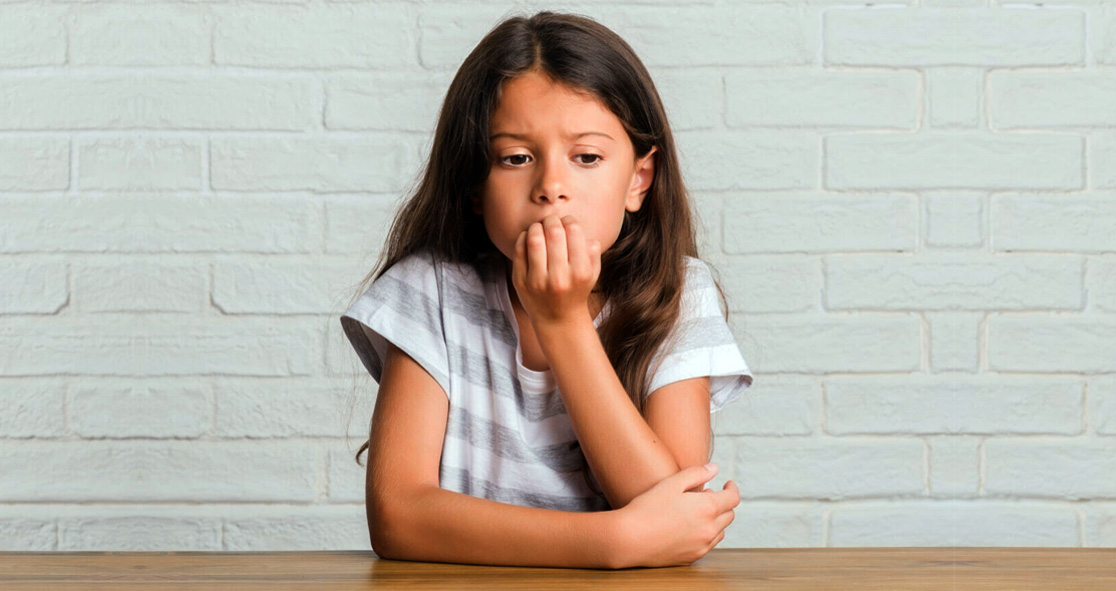A new study has found that more than 50% of American children with mental health issues are not receiving enough care and services.
Co-author David Finkelhor said, “It’s a pretty simple and kind of widely agreed upon finding that there are a lot of at-risk kids, when you look at it in terms of adversities or symptoms, who aren’t getting mental health services, behavioral health services, that would be of benefit to them.”
Finkelhor is a sociologist and the director of Crimes against Children Research Center, co-director of the Family Research Laboratory and Professor of Sociology at the University of New Hampshire.
The study also found that Black kids with psychological issues had poor access to behavioral healthcare services.
Finkelhor said, “The implication is, we should really be doing a lot more to try and facilitate services for this segment of the population.”
The study, published online in JAMA Network Open, found that between 41% and 63% of high-risk youths went without any professional help, according to U.S. News.
Los Angeles-based psychiatrist Dr. Tarik Hadzic, who was not part of the study, said the shortage of behavioral health services could affect children in the long run.
He said, “These are little kids. Half of this group [aged] 2 to 9 was ages 2 to 5. These are paramount times in the development of a child’s brain when an early intervention can have huge positive effects on appearance of both [mental health issues and adverse childhood experiences].”
“You can affect both mental and physical conditions later because kids with untreated mental health conditions will go on to have more problems as adults,” he added.
Dr. Hadzic noted that more than two-thirds of youths (between the ages of 10 and 17) with mental health issues and adverse childhood experiences did not receive care.
“That’s really troubling as well,” he said. “This includes adolescence, especially later adolescence, when they are more likely to be liable criminally for offenses, and more likely to engage in suicidal behavior, for example, leading to death. That’s completely preventable. They’re not being identified. I don’t see them.”
“In my practice, I’m seeing far more kids and adolescents with worsening depression,” Dr. Hadzic said. “Isolation is clearly a risk factor for depression. And now we have this, you know, rightfully-so instituted isolation because of the deadly pandemic, but a lot of kids are just basically cut off. And they’re not finding digital interactions nearly as meaningful with their friends.”
“So I do think that the pandemic is definitely making universal screening far more difficult. It’s making identification of kids with [adverse childhood] events more difficult.”
Finkelhor said, “We need to train more people to provide these kinds of services. We need to provide them in more convenient locations, like schools, and in conjunction with medical practices.”
“We need to package them to make them a little bit less stigmatizing,” he added. “We need to advertise some of the new procedures and techniques that we have. We need to make sure that the new and particularly the evidence-based services that are most effective are the ones that are being provided, and that everybody is trained up in them.” The article was published Monday on U.S. News.























